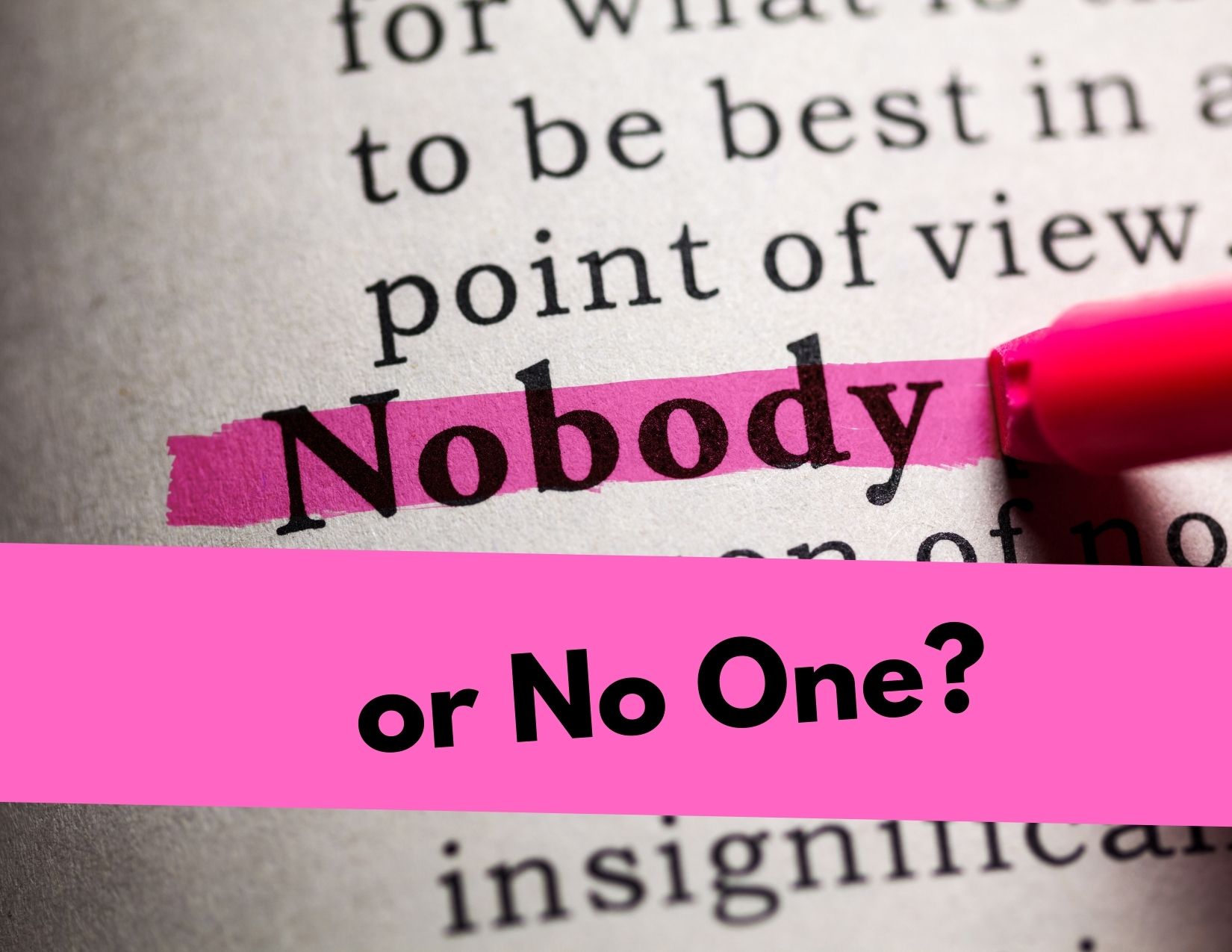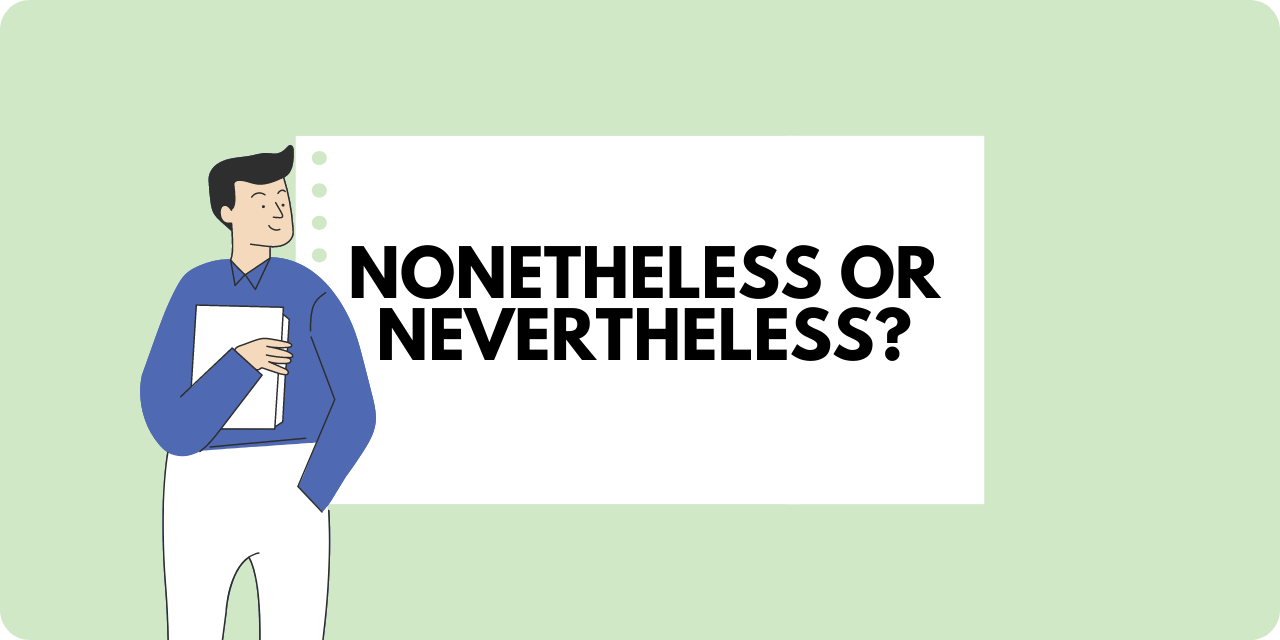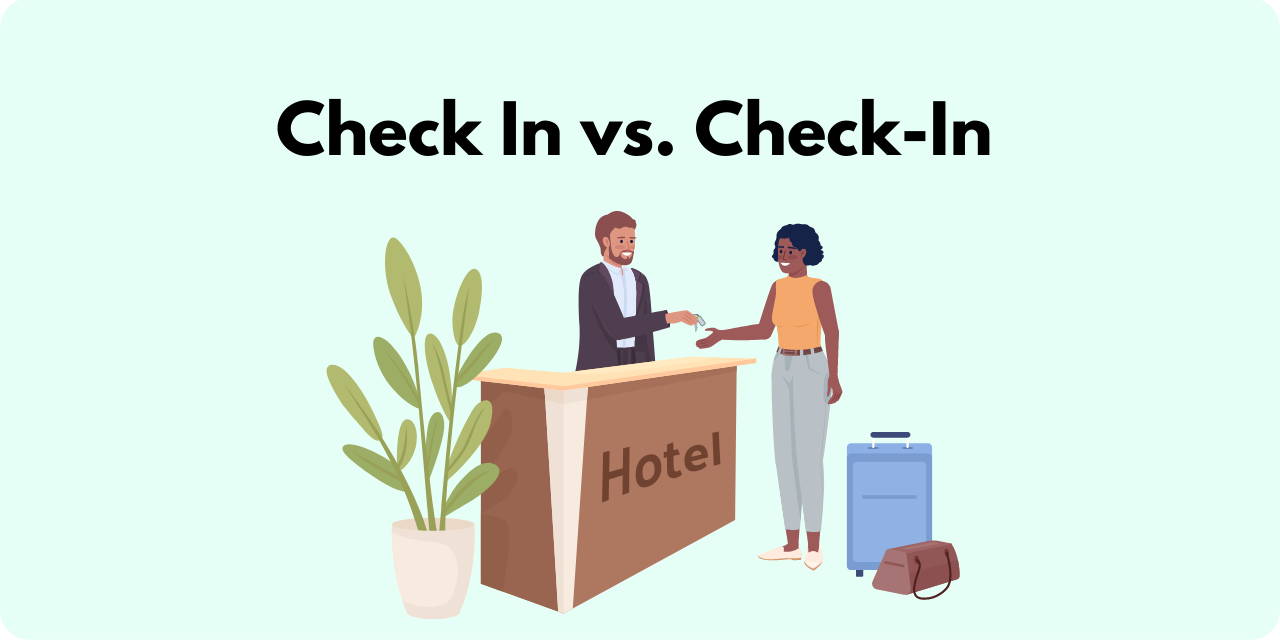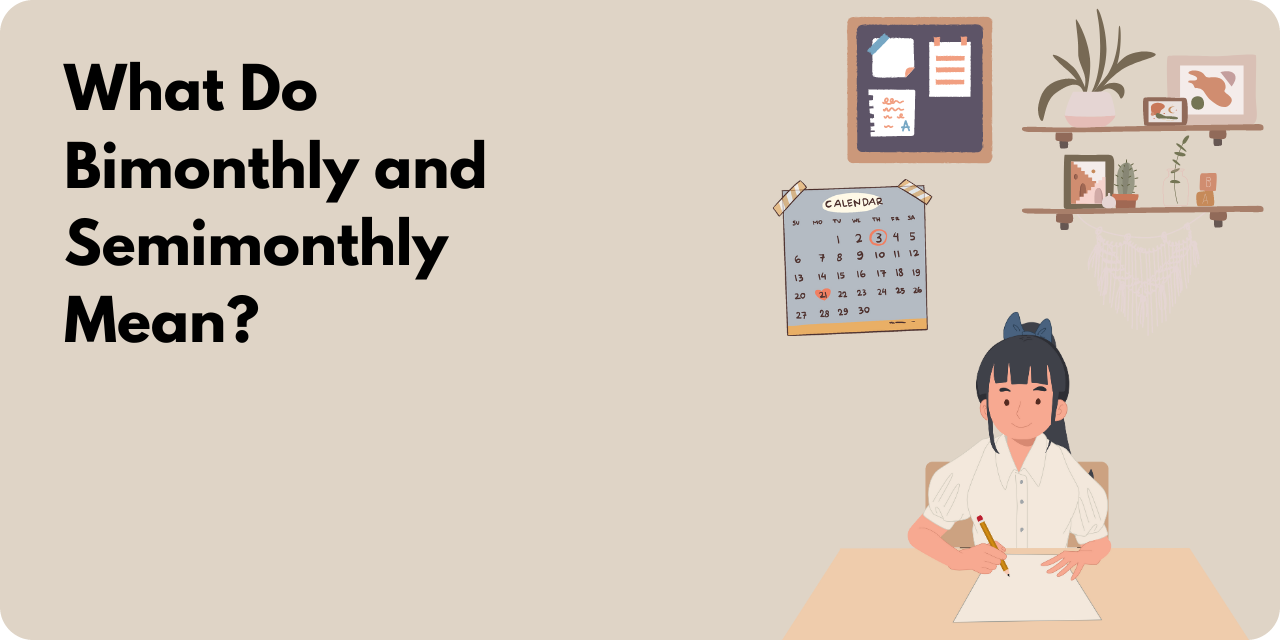In common use, the indefinite pronouns no one and nobody is often incorrectly used interchangeably with none. The first two are singular and have the same meaning. However, none can often have different meanings, with a singular or plural usage.

Using Nobody
As an indefinite pronoun, nobody does refer to specific people. Instead, it means the same thing as no person. It refers to the absence of something, and it doesn’t have any definite amount of absence attached to it. In writing, however, it should be treated as a singular noun, such as in a sentence like: Nobody was home during the incident.
How To Use No One
Similarly, No One is another indefinite pronunciation that means the same things as nobody. It is viewed as more formal in modern cases, so it is often seen more commonly in writing.
It is also important to know that no one should be two separate words in American English, and it would be a mistake to write something like noone. In addition, you may also see it written sometimes as no-one, which is commonly found in British English.
Using None
None is a pronoun that means not any, not one, or no things/people. In contrast, it can also be used as an adverb to mean to no extent.
It is commonly misconstrued that none is only singular; however, when it is the subject of a clause referring to a group, it can be used singularly. In writing, none must also be finished with a verb when it is not part of the whole; for example, in a sentence such as none of these things are mine.
Examples:
In most cases, no one and nobody are interchangeable, and the only difference is usually the contextual formality that comes along with them. For instance:
- Nobody is coming to my party tonight
- No one told me I had to do this
None is synonymous with not any, so it can be used in sentences such as:
- None of the pears on the tree are ripe
- None of the students in the classroom had the correct answer
In these examples, the first one is a great example of the plural use of none, as it refers to that not any of the apples were ripe. In contrast, the second example shows a singular use, as it shows that not one of the students had the answer. If you can’t pick out which one you should use, simply interchange them and see which one reads the best!
Remembering The Differences Between Nobody, No One, And None
No one and nobody should usually be referring to people, and either one works in most scenarios, so the choice is really up to you. In addition, none can easily be used to refer to inanimate objects, and it brings attention to the noun of the sentence, such as in:
None of the pears on the tree are ripe.
In this sentence, none is a great choice as it brings attention to the noun of the sentence (the apples).
Want to sharpen your business writing skills? Discover our acclaimed online courses. Whether you want to learn about taking taking meeting notes, become a master proofreader, master punctuation or tune-up your business writing skills, our courses are here to help you.






